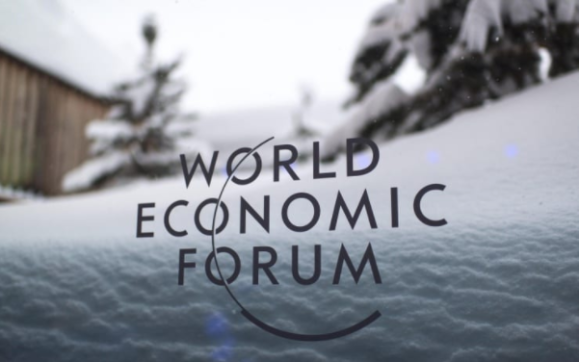The 48th edition of the WEF, an international meeting that annually brings together the largest international political and business figures, ended a few weeks ago. The WEF, acronym of World Economic Forum is a round table economic world-wide known also as Forum of Davos, city where it takes place. The WEF was founded in 1971 as a non-profit foundation in Cologny, Switzerland, at the behest of the economist Klaus Schwab. It was his idea to create a “symposium” that would bring together the leading exponents of politics and economics, journalists and intellectuals, in order to discuss important topics such as health, the environment, the global economy, politics. Initially, only managers and entrepreneurs were invited to the meeting in the Swiss Alps, only since 1974 political leaders were “allowed” in concomitance with the advent of the greatest global energy crisis of 1973 which saw a sharp increase in the price of crude oil and derivatives as a result of the Kippur War.
From now on, the Davos Forum became a great opportunity to tackle bilateral crises through the proposal for negotiations and solutions. Important and epochal for example was the “declaration of Davos” of 1988, a pact between Greece and Turkey that marked the overcoming of the war crisis between the two countries. And again, it was the Davos Forum that met for the first time the North Korean and South Korean ministers in 1989, without forgetting the achievement of the framework agreement between Shimon Peres and Yasser Arafat in 1994 for the situation in Gaza and Jericho. The World Economic Forum therefore stands as a necessary reference point for the improvement of the world condition, so much so that, until 2012, it had observer status at the United Nations Economic and Social Council. Economically, WFE is financed by several associated companies that are leaders in the relevant sectors in their own countries.
The Davos Forum 2018, the participants and the themes
The Davos Forum takes place behind closed doors and lasts 5 days for over 200 scheduled events, some of which are recorded and disseminated. More than 3,000 people attended the last edition of 22nd January 2018, including the president of the United States, Donald Trump. Among the Italian political personalities were Paolo Gentiloni and the outgoing finance minister Pier Carlo Padoan. Among others, Emma Marcegaglia (president of ENI), Claudio Descalzi ad of Eni, Alberto Nagel ad of Mediobanca, Mario Greco ad of Zurich, Vittorio Colao ad of Vodafone ,, Francesco Starace ad of Enel, Carlo Messina ad of Intesa Sanpaolo, Claudio Costamagna president of Cdp, Philippe Donnet ad of Generali, Carlo Cimbri ad of Unipol, Andrea Illy president of Illy, Nerio Alessandri president of Technogym and Paolo Merloni president of Ariston Thermo, Fabio Gallia ad of Cdp, Davide Serra ad of Algebris.

What have we talked about?
World challenges and economic affairs are at the center of the debate. One of the most “living” topics was that of Creating a Shared Future in a Fractured World, “how to create a shared future in a fractured world.” And still issues such as cybersecurity, the environment and the social.
Present at the meeting also Giampaolo Lo Conte, entrepreneur and trader of international fame who for the occasion brought all his experience in terms of economy and domestic politics. On his return we could exchange a few short words with him:
D. Dear Giampaolo, how is Davos?
R. (smiles) Davos is a very special town I must say. Beautiful, clean, tidy .. and full of snow! I was amazed especially by the large organization from the point of view of security, the city during the Forum is definitely armored. It is not the first time I was here.
D. How was it to sit alongside powerful personalities like Donald Trump?
R. Participating in such events is always a source of growth. I have been lucky enough to participate in the WEF for several years and I have to say that this year was particularly interesting. Trump is an excellent entrepreneur as well as a politician, but there is a lot to learn from politicians in “our home”
D. Explain better
A. European policies on the liberalization of markets and on the management of financial resources are among the best in the world. An entrepreneur who lives primarily between Europe and the United States speaks. Perhaps abroad, they are more sensitive to news (Bitcoin, for example, has been “cleared” in Russia and the US rather than in Europe), but as far as adopting financial policies is concerned, I prefer the Old Continent. We Europeans are not lacking in defects, attributable more to the individual politician than to a specific line, but we know how to protect “local” companies and investors.

